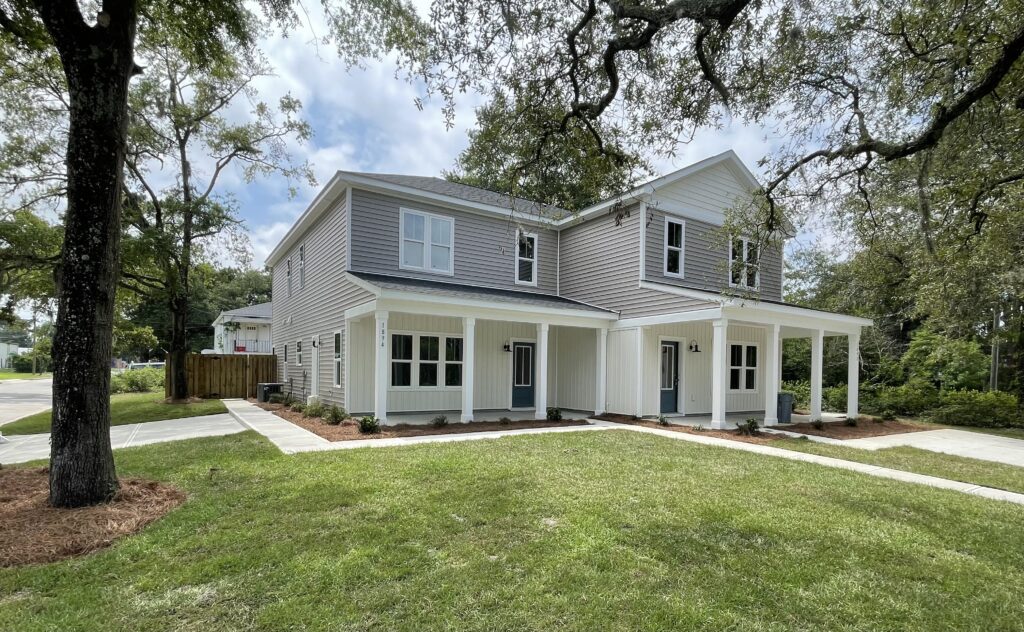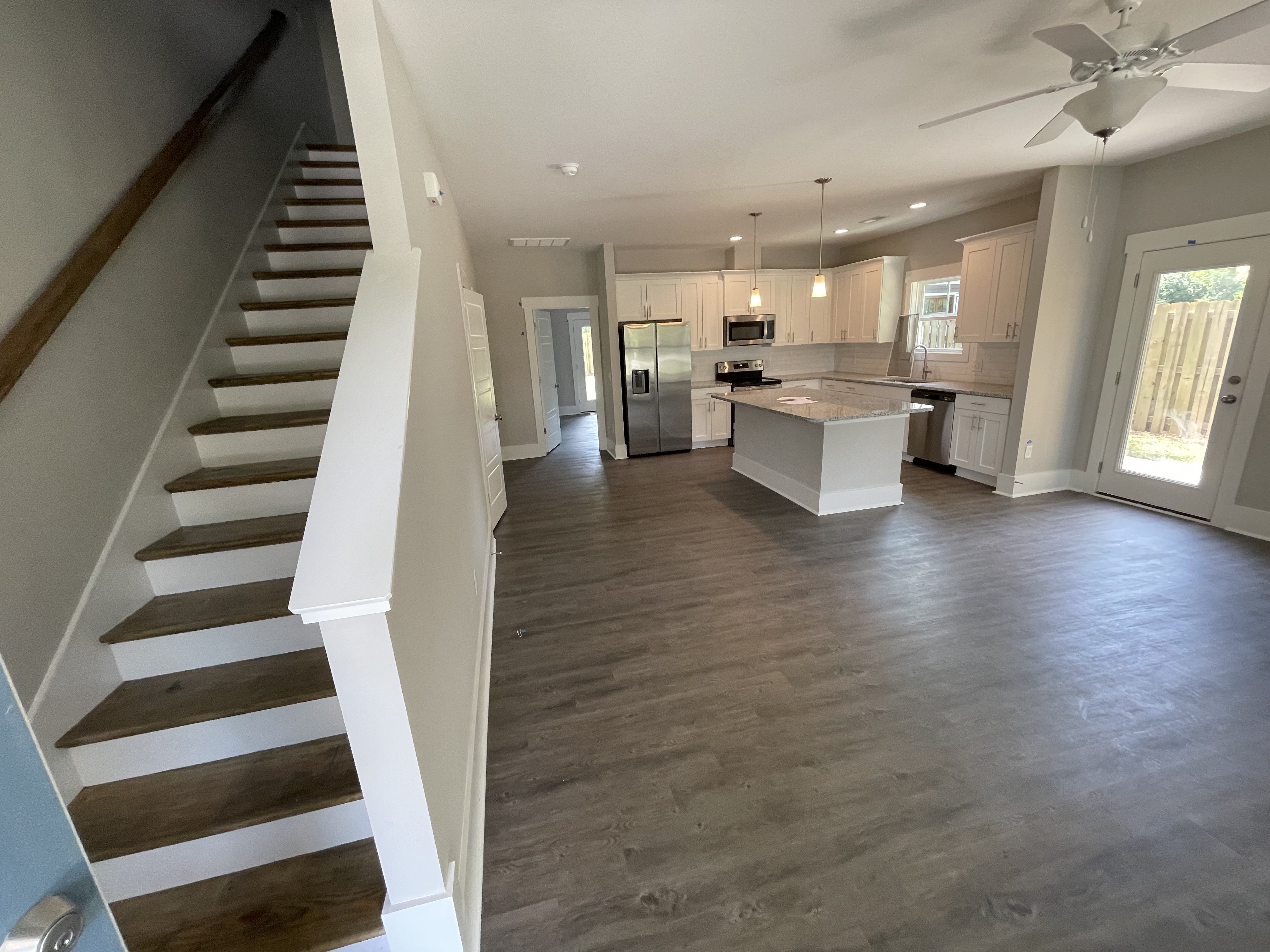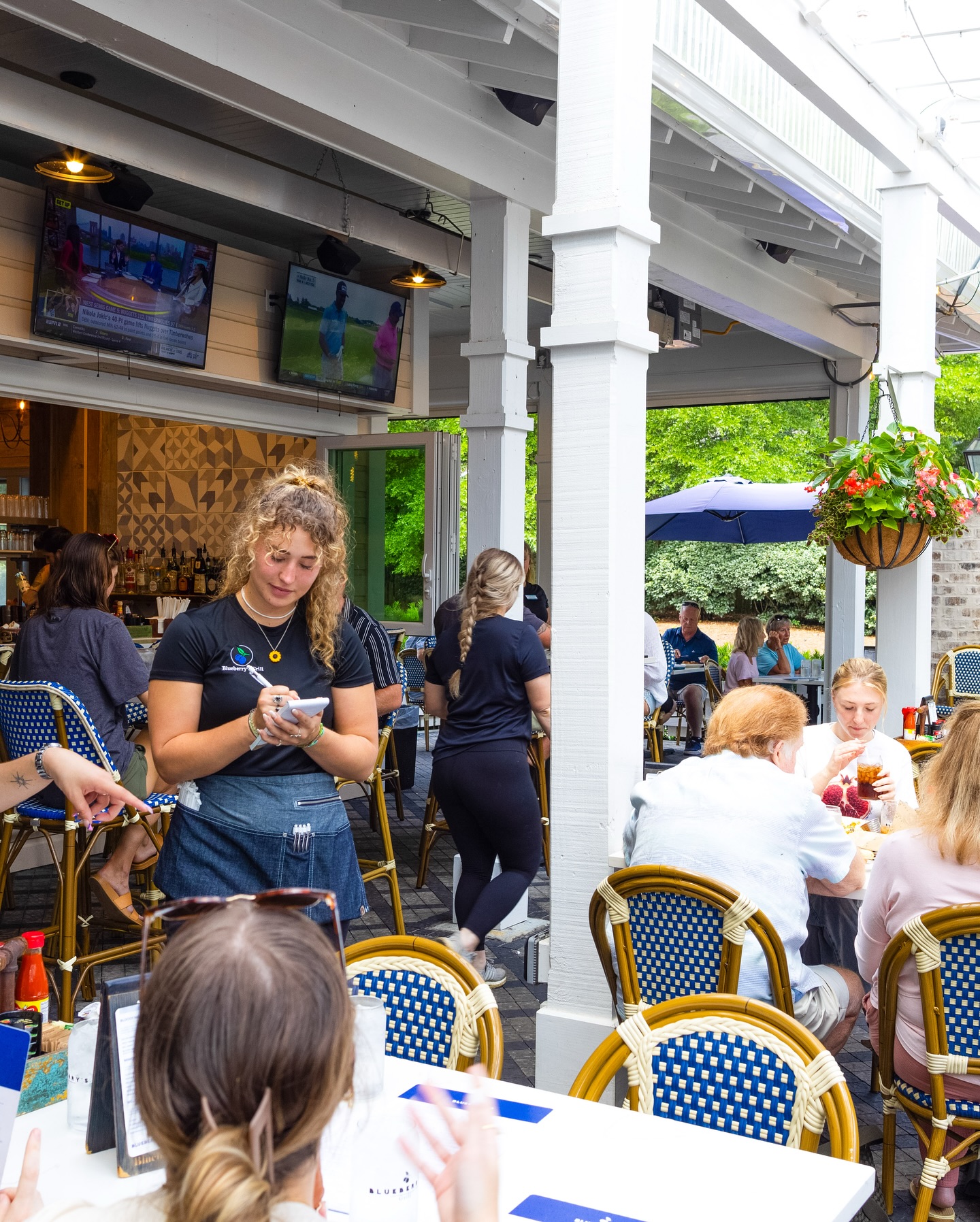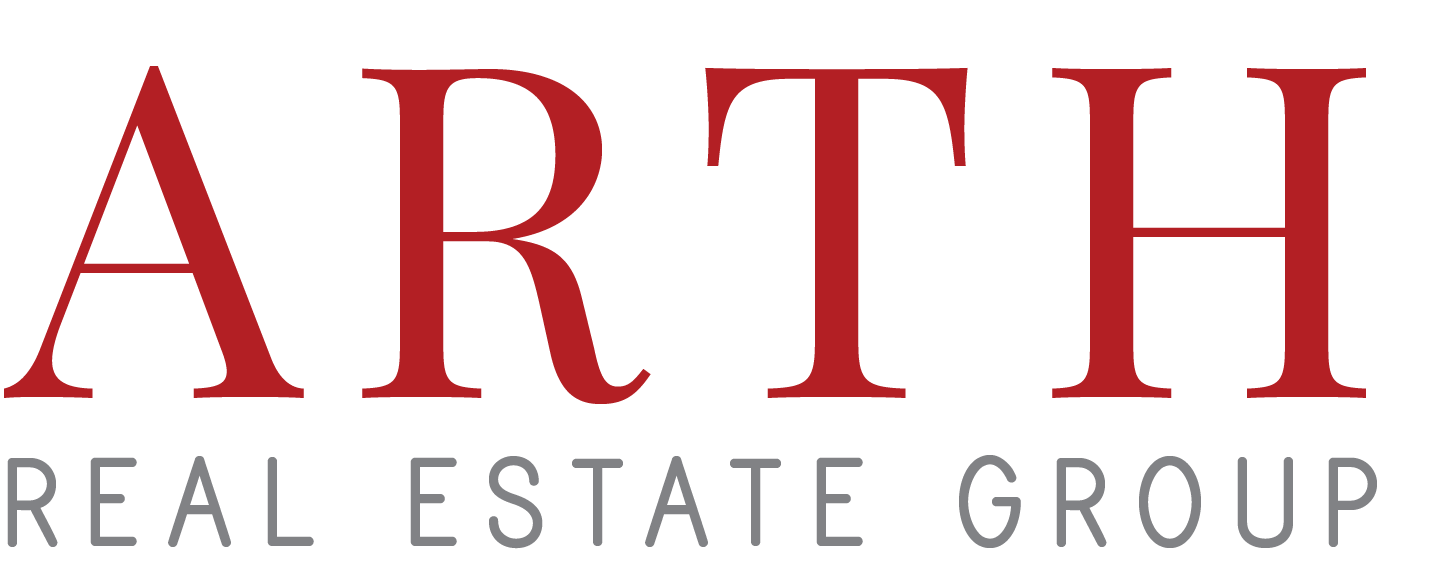
If you ask Jeffrey Maynard why he invests in building affordable housing projects, you might expect to hear about empowering families and helping the community.
Sure, those reasons are part of Maynard’s “why.” But mostly? He said building affordable housing in Wilmington, North Carolina right now is just good business sense.
He and his wife Becky started Our House Your Home in 2014 and have since grown the business to dozens of properties across the area.
In the last few years, their company has focused on building new affordable housing, primarily in in-fill lots around downtown and within the city limits. These new builds are four and five-bedroom homes with off-street parking, garage storage, kitchen islands and other modern amenities.
“From a business perspective, it makes sense — aside from helping people, government programs help pay rents that are comparable to the open market,” he said. “Because we have tenants that are long-term and we have great relationships with them, turnover is low and therefore they are more invested in upkeep for the home.”
The numbers make sense
While this aspect of real estate and investment home owning may sound risky to some, Maynard has crunched the numbers. He used his background in math and risk analysis to chart the price ranges of affordable housing, rent, and costs associated with these projects.
With a focus on long-term renters with low turnover, the whole operation still makes money, in some cases more than he would if he created properties for people without housing vouchers. He also has a tight network of partnerships and credits his partners for all the success of the program. The builders for the projects, Herrington Classic Homes help bring the vision for the homes to life. Arth Real Estate Group helps close properties.

Housing vouchers have an incorrect stigma
Families can qualify for housing vouchers through a program with the U.S. Department of Housing and Urban Developing (better known as HUD). Maynard said these programs are often stigmatized but a lot has changed and evolved with the vouchers over the years. Families who qualify for a voucher must then go through an extensive screening process. Maynard said they seek out tenants “as invested in the properties as they are.” The families typically jump through considerable hoops and are on a waitlist.
“Many of our voucher holders are single mothers and it is easy to want to help them — on move-in day there is nothing but hugs and happy tears,” he said. “It’s the best part of what we do. I feel so proud of our program when we see these women move in. To qualify, it takes a fight — they have to wait, save up even more than normal, keep stable employment, spend time away from their kids to earn money — these are the hardest workers living inside our houses.”
Maynard said seeing these single women fight for opportunities for their families helps bolster their enthusiasm for building homes. The tenants benefit from the idea that these homes are permanent. Safe homes with plenty of bedrooms and nice amenities usher in needed stability for families who struggle to find homes with these features.
This system is truly a win-win for all involved, from investors who are not doing this as a charity project and the families that earn stable and spacious housing.




